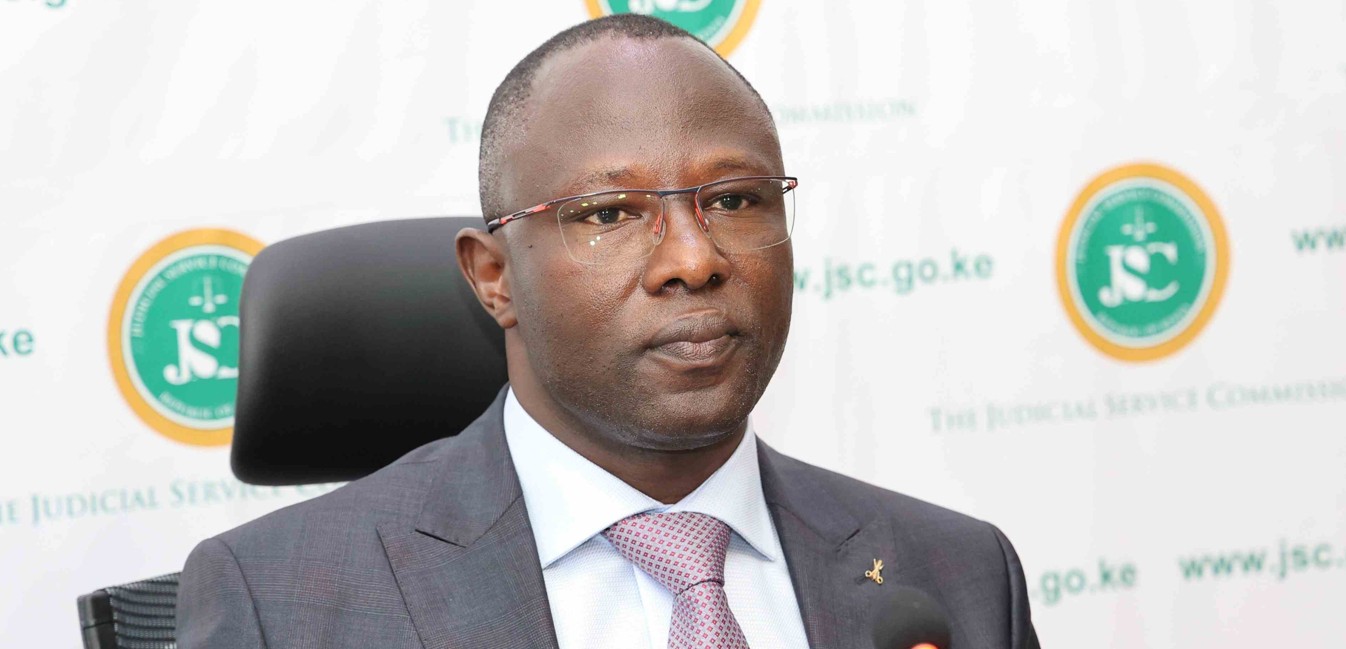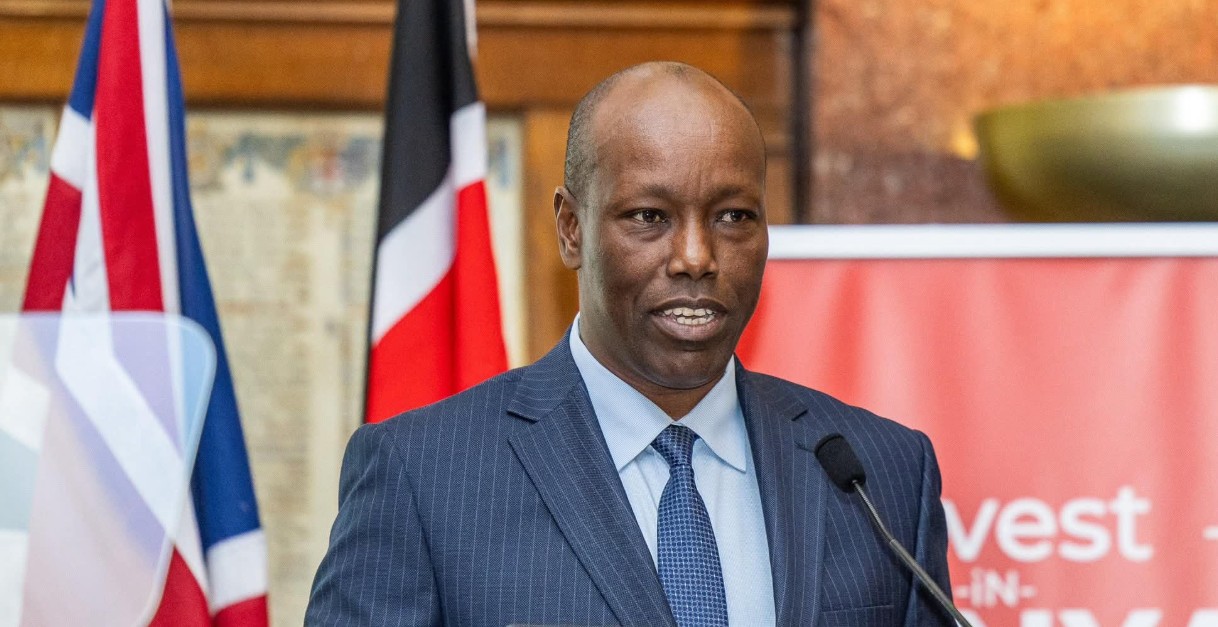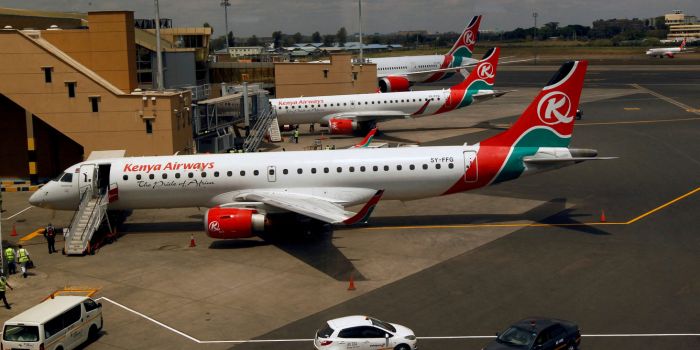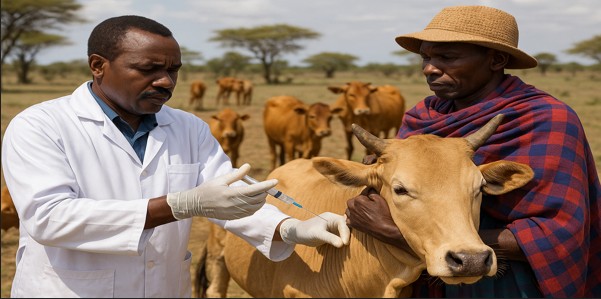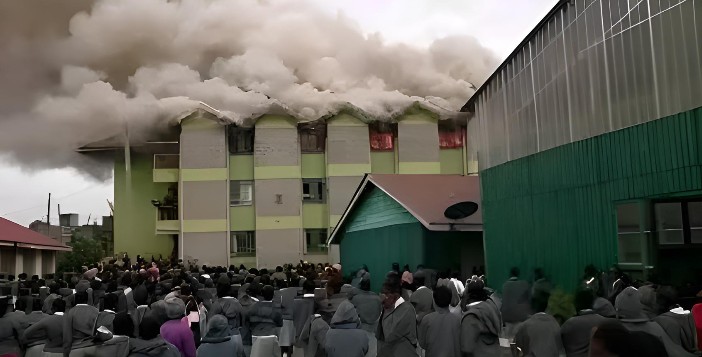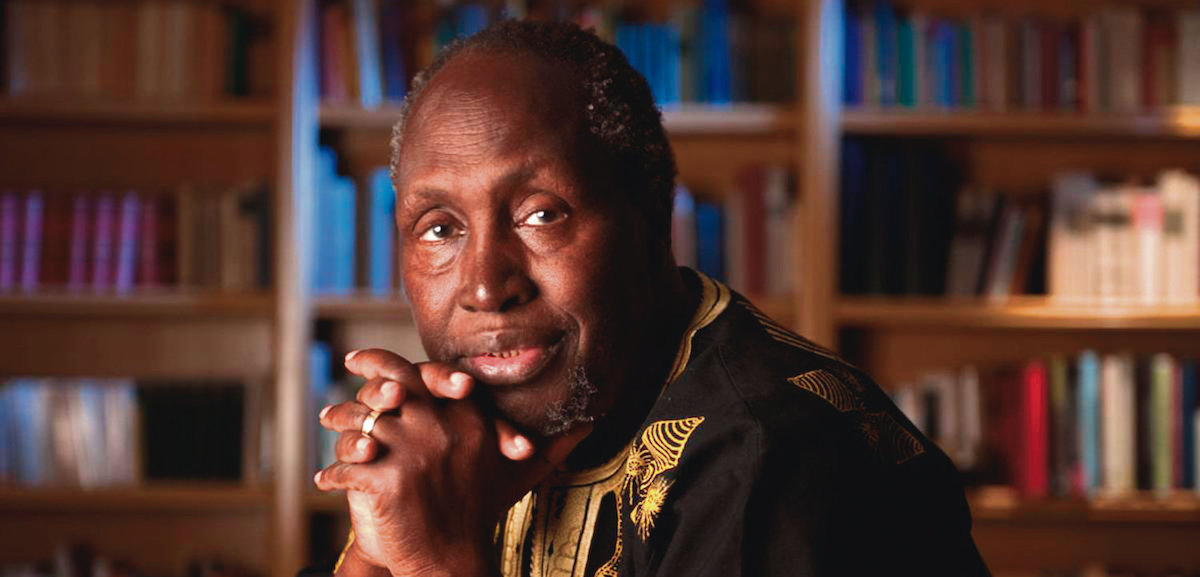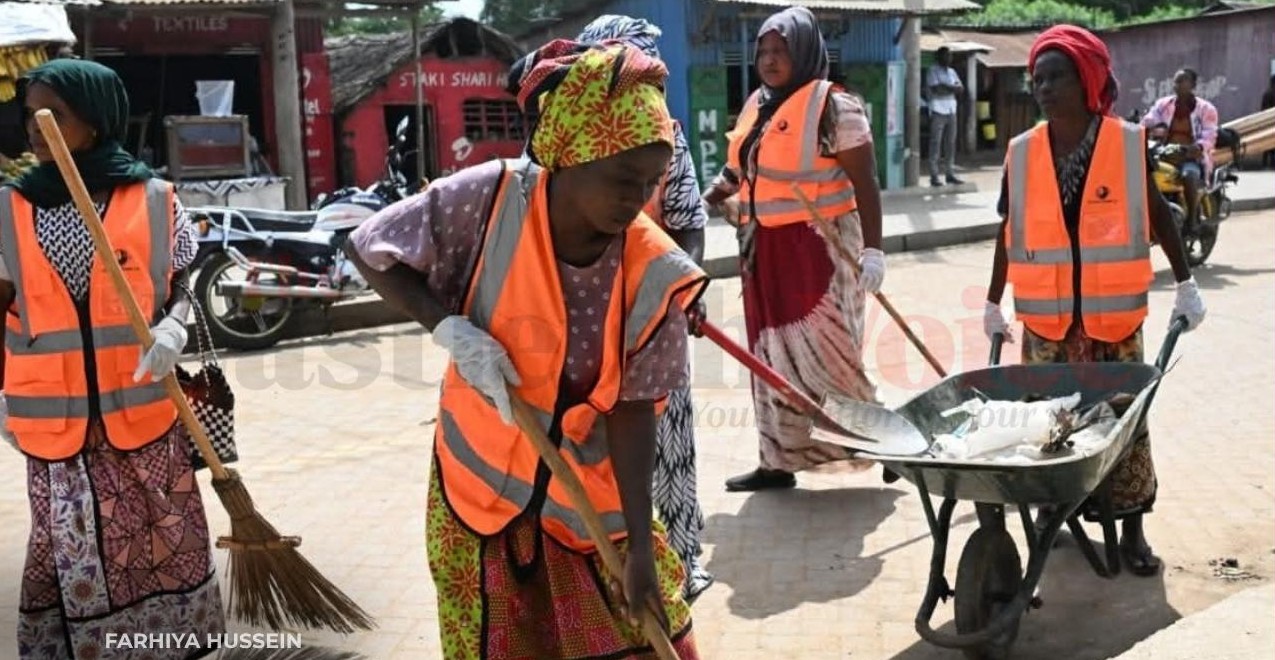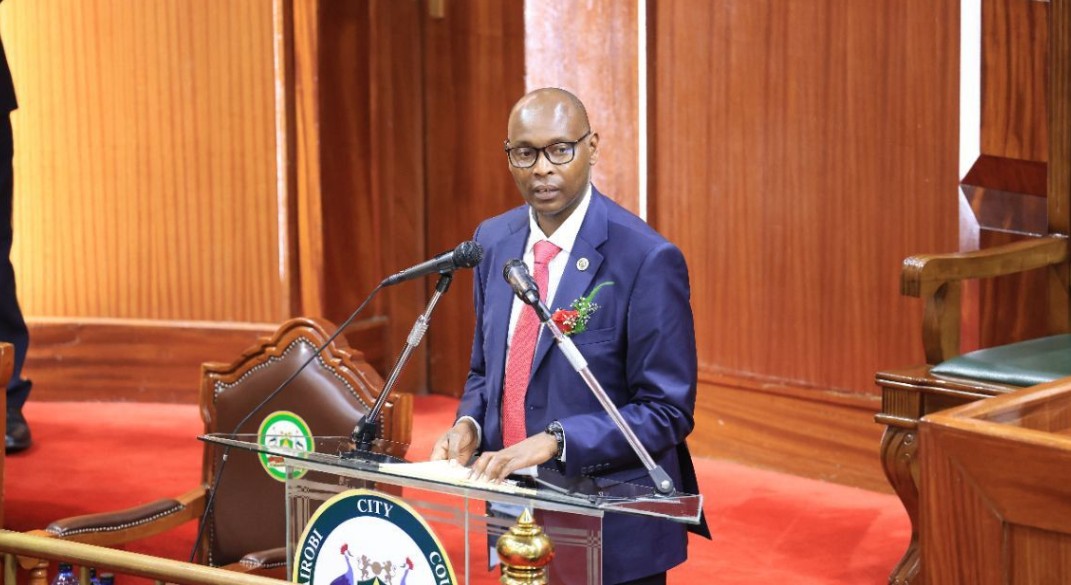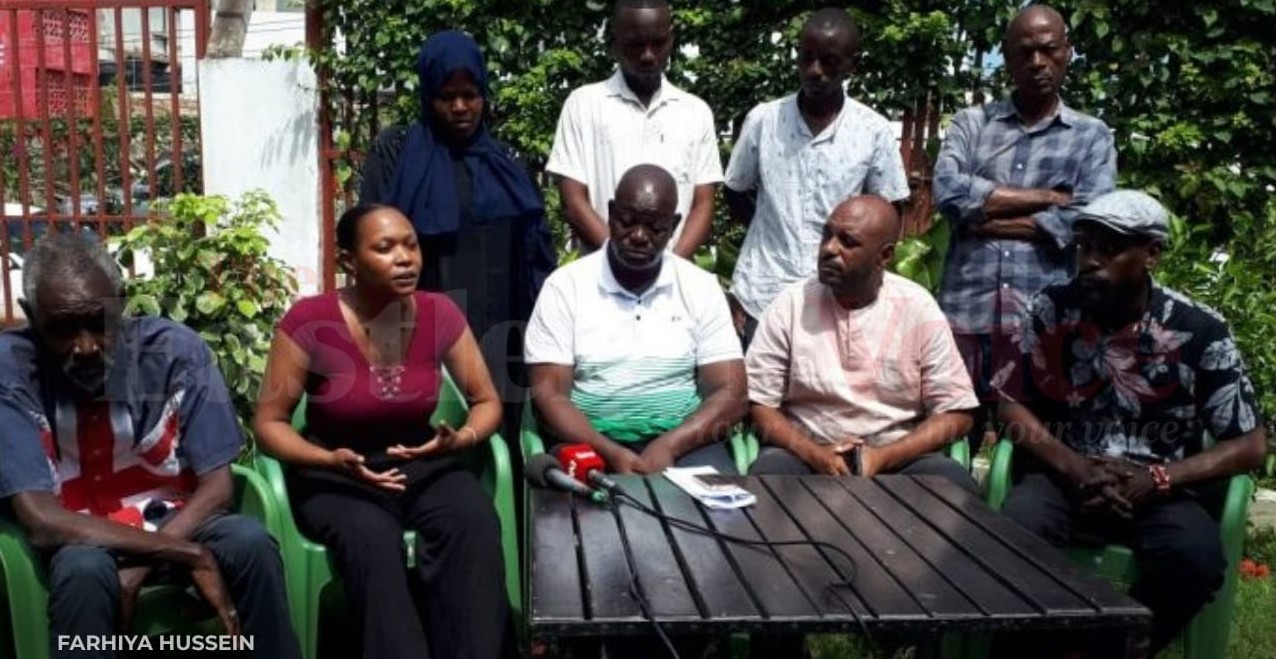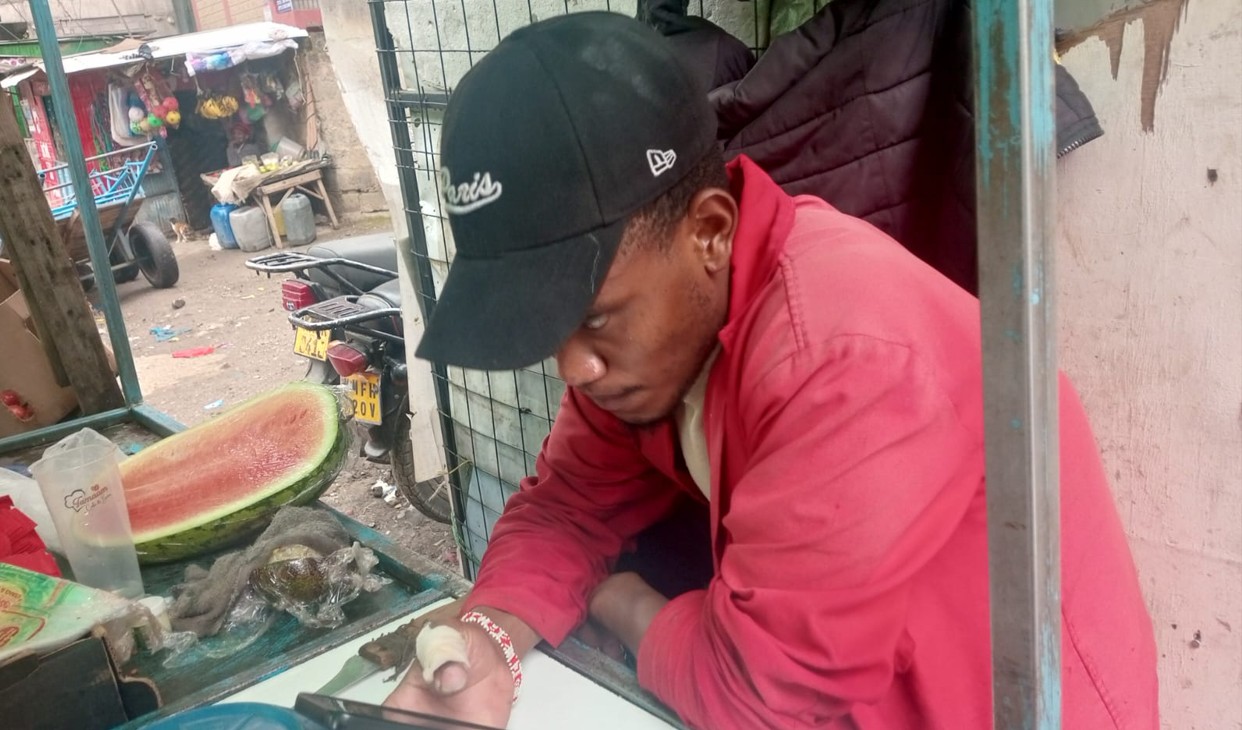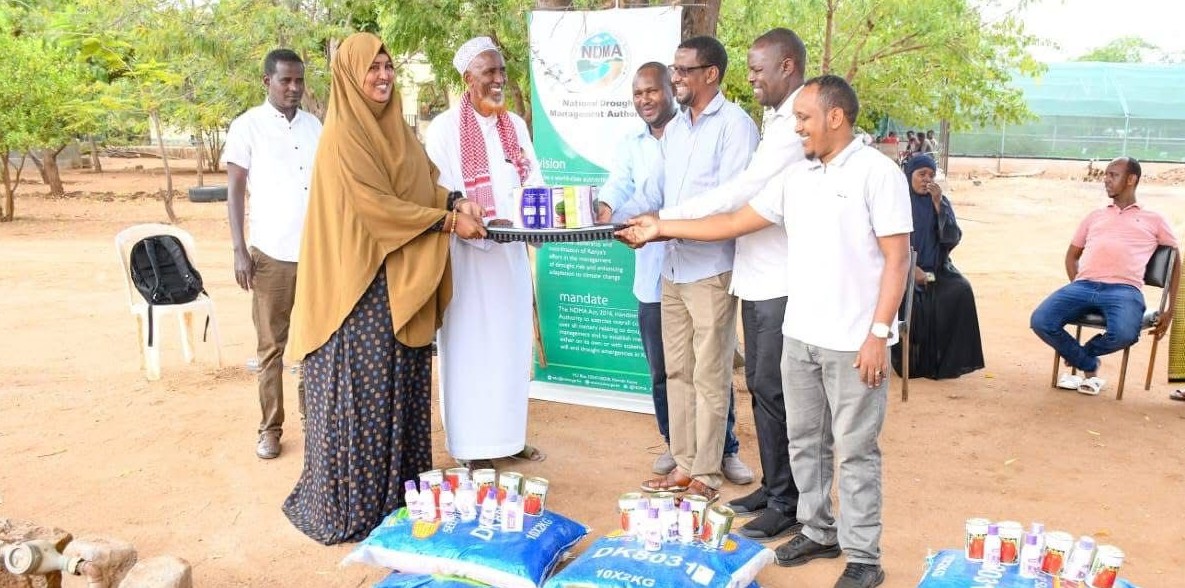Banks in developing economies doing poorly in climate funding - World Bank

This is amid the substantial financing gaps in low-carbon, climate-resilient investments in emerging economies.
Global lender World Bank has decried the poor funding by banks in developing countries such as Kenya, towards climate action investments, catalysing the runaway climate financing gap.
In its latest finance and prosperity report, the lender says in almost 60 per cent of banks in Emerging Market and Developing Economies (EMDEs), lending for climate-related investment accounts for less than five per cent of their overall portfolios.
More To Read
- Garissa farmers count losses as recurring floods wipe out solar-powered farming dreams
- Climate change has doubled the world’s heatwaves: how Africa is affected
- KNH invests Sh7.6 million in solar energy to lower electricity bills
- African women key to fighting climate change – these are the green skills they will need
- World Bank urges Somalia to strengthen revenue efforts to support economic stability
- Our oceans are in trouble: how to move beyond the outrage and start taking real action
Additionally, it notes that more than one-quarter of the local banks offer no climate financing at all.
This is amid the substantial financing gaps in low-carbon, climate-resilient investments in emerging economies.
"We need to step up climate action and crowd in private investment for countries most in need," said Axel van Trotsenburg, World Bank Senior Managing Director of Development Policy and Partnerships.
"This requires collective action, and the banking sector is indispensable in this transition process. It can play a pivotal role in financing a green, low-carbon and sustainable development path."
In Kenya, the total climate and nature public expenditure, according to data firm ReliefWeb, is around $1.53 billion (Sh197 billion) per year.
Recent estimates by the firm indicate that the country has achieved one-third of the total finance required for investments related to climate change adaptation.
"As such, there is a yearly resource gap of about $3.5 billion (Sh451 billion) and the country will be hard-pressed to meet its ambitious climate change goals," ReliefWeb says.
Additionally, a report dubbed 'Landscape of Climate Finance in Kenya' by the National Treasury, says Kenya faces the formidable challenge of aligning its climate action with its development goals.
"At the heart of this challenge, there is a need to mobilise the financiers required to transform these ambitions into tangible outcomes," the report reads.
The country's climate finance needs span energy, agriculture, water and forestry.
The World Bank in the report stresses that the need to push for more funding by the local banks is significant because, in developing economies, banks dominate the financial sector, unlike in advanced economies where the financial sector is more diversified.
Climate change is expected to have a significant impact on economic opportunities and development outcomes in EMDEs, requiring far greater investment than they currently receive.
"Banks in EMDEs have the potential to play a larger role in closing the climate financing gap," the World Bank says.
Globally, according to the lender, banking authorities are testing new approaches to support climate financing, without compromising on the important goals of financial sector stability and inclusion for underserved people.
For instance, the World Bank says the adoption of green and sustainable taxonomies, a classification system that identifies activities and investments to move countries toward specific environmental and other targets, is essential to increasing climate-related lending.
Nevertheless, it says adaptation is underfunded, as only 16 per cent of domestic and international climate finance in emerging markets and developing economies is channelled for adaptation.
"Out of this small share, 98 per cent is either public resources or official financing," said Pablo Saavedra, World Bank Vice President for Prosperity.
"In addition to increased climate-lending from banks, reducing this gap requires larger capital and insurance markets in developing economies to provide essential long-term funding for critical climate resilient infrastructure. It's also important to improve financial access for people, particularly those in vulnerable groups."
Top Stories Today
